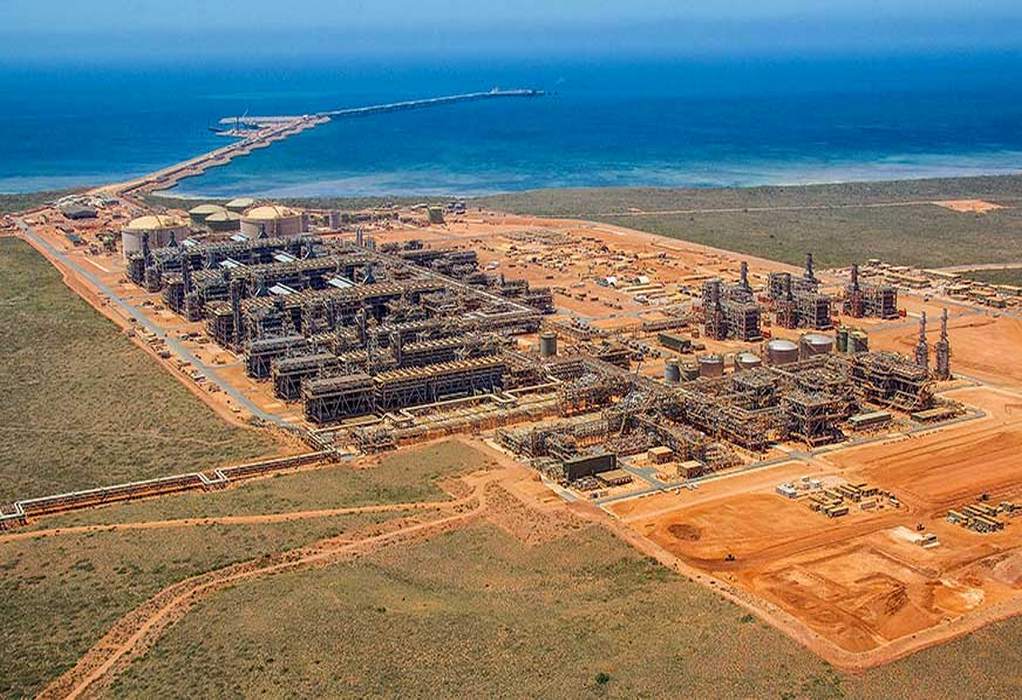The fossil fuel industry has called on the Morrison government to provide further support for troubled carbon capture and storage projects, as lobby groups turn their focus to the forthcoming federal budget.
In a submission to the Morrison government’s budget consultation process, the Australian Petroleum Production and Exploration Association (APPEA) – a leading lobby group for the oil and gas industry – has called for more government support to be provided to carbon capture and storage projects.
APPEA argues that carbon capture and storage could be paired with oil and gas projects as part of broader investment in Australian hydrogen production. The group called on the federal government for more acreage releases to facilitate the expanded development of carbon capture and storage projects.
“To encourage a more secure and resilient decarbonised future, APPEA encourages the government to commit to a program of work that includes consistent onshore and offshore acreage releases that target CCUS opportunities,” APPEA’s submission says.
“When combined with natural gas, CCS can lead to a large-scale hydrogen industry, resulting in more jobs and more export dollars for Australia – a more prosperous economy.”
In an introduction to the submission, APPEA chief executive Andrew McConville goes on to claim there is “no substitute for what the oil and gas industry delivers.”
Carbon capture and storage projects have had a fraught history in Australia, with just one project currently operating – Chevron’s Gorgon CCS project – which itself has encountered delays and significant underperformance.
CCS projects have enjoyed significant government support – around $4 billion from the Australian government alone – and yet remain prohibitively expensive and unable to compete with renewable energy technologies as an affordable means of decarbonisation.
Oil and gas groups see the emergence of a global hydrogen industry as a potential lifeline and have advocated for an expansion of government support for new CCS projects as a way of propping up demand for fossil fuels while appearing to be consistent with global decarbonisation efforts.
However, such calls have been met with stiff criticism, including former prime minister Malcolm Turnbull, who described fossil hydrogen as a “scam and a con”.
The Australia Institute’s climate and energy program director, Richie Merzian, described the request from APPEA for further government support for CCS as “top shelf rent seeking” by the fossil fuel lobby group, given the amount of public funding that has already been poured into CCS projects with little to show.
“The gas industry makes massive profits, pays little to no tax and demand significant public subsidies on new exploration. Now we see they have their hand out for yet more public handouts,” Merzian said.
“This is top shelf rent seeking by the gas industry. It is outrageous. Carbon Capture and Storage has been a monumental waste of taxpayers’ money.”
“Just like so-called ‘clean coal’, the gas industry want to pretend they can bury pollution underground, but just like ‘clean coal’ it will fail,” Merzian said.
In its own submission to the federal budget process, the Australian Conservation Foundation called for funding support to be instead directed to emerging clean energy technologies.
Presenting an alternative vision for Australia’s economic recovery, ACF called for the creation of a $5 billion energy transition authority to support communities and workers in the shift away from emissions intensive industries.
ACF also called for the federal government to partner with private industry to invest up to $10 billion in new clean energy export industries. ACF also suggested that ending the Fuel Tax Credits scheme, which provided almost $8 billion in fossil fuel subsidies in 2020-21, could help fund the new commitments.
“Australia can become a global clean energy superpower in the next decade by replacing our exports of coal, gas and uranium with renewable-powered products like green hydrogen, steel and aluminium,” ACF’s economy and democracy program manager Matt Rose said.
“The federal government can grab the opportunities of the clean energy transition by co-investing $10 billion in clean export industries and establishing an energy transition authority to help regions and workers with the shift.”
“Australians pay almost 43 cents in tax for every litre of fuel they buy at a petrol station, but big mining companies like BHP Billiton and Rio Tinto get a complete refund on diesel taxes under this scheme, which encourages climate pollution and discourages innovation,” Rose added.
The Morrison government will deliver the next federal budget at the end of March, just months ahead of a federal election expected to be held in May.
Given the looming election, the budget is expected to include generous expenditure commitments designed to woo voters and to outline how the Morrison government expects to manage the ongoing economic recovery from the Covid-19 pandemic.
Source: https://reneweconomy.com.au/
Tags: APPEA, Australia, Carbon Capture Storage, Morrison Government



Recent Posts
Blue Marlin Becomes First Inland Cargo Vessel with Solar-Assisted Propulsion
ABB and Royal Caribbean Partner on 15-Year Deal to Drive Vessel Efficiency and Decarbonization
IET Establishes Centres of Excellence for Green Hydrogen and Electric Vehicle Research
SECI Cancels Green Hydrogen Hub Tender, Pauses Momentum on Flagship Mission
India Pushes Green Shipping and Sustainable Waterways in Northeast with ₹5,000 Crore Investment
Himachal Pradesh Plans Major Boost to Public Transport with E-Buses and Digital Upgrades
Ammonia-Fueled Container Feeder Design Marks Progress in Maritime Decarbonisation
ABS Develops Industry-Leading EV Battery Fire Simulation Modeling